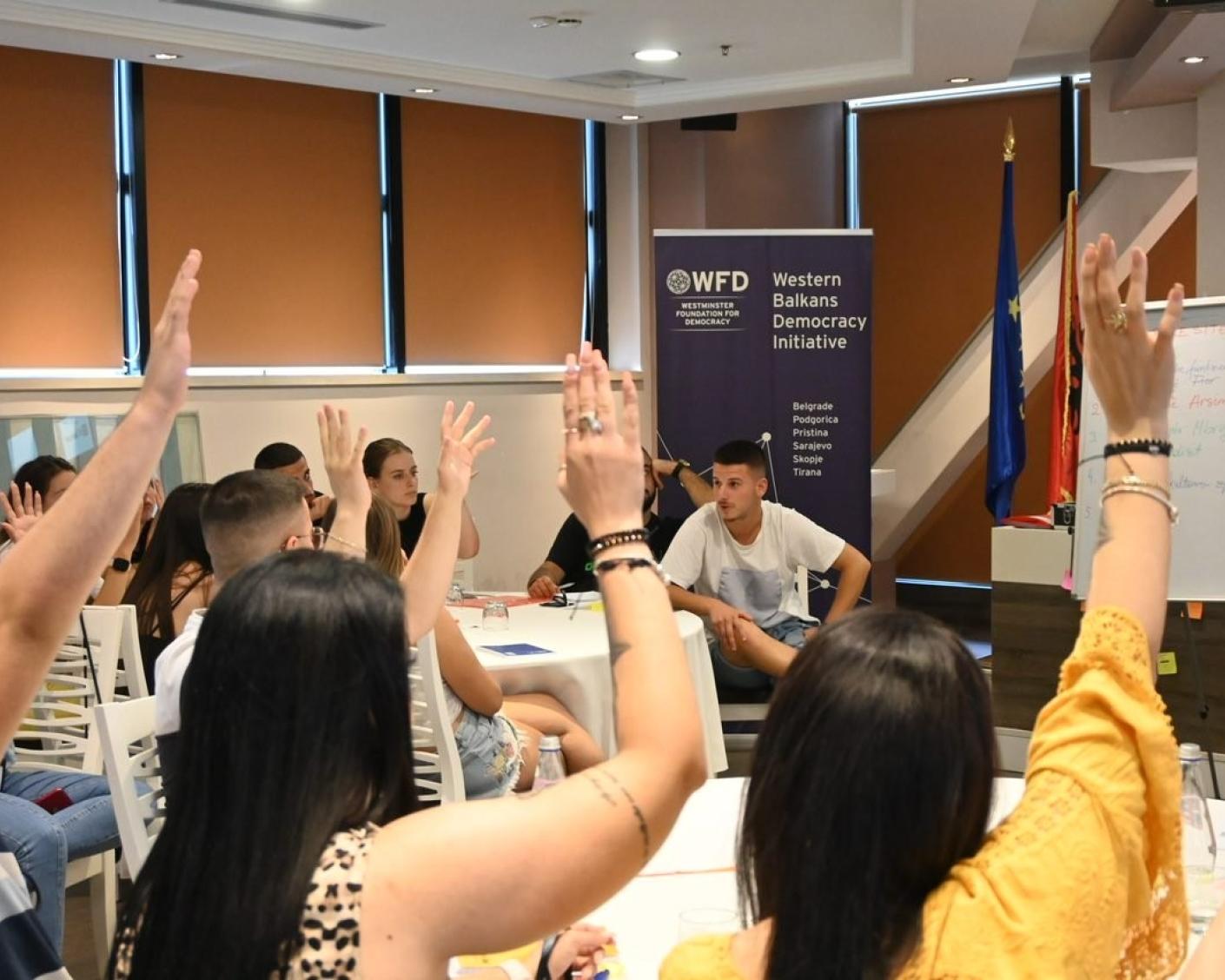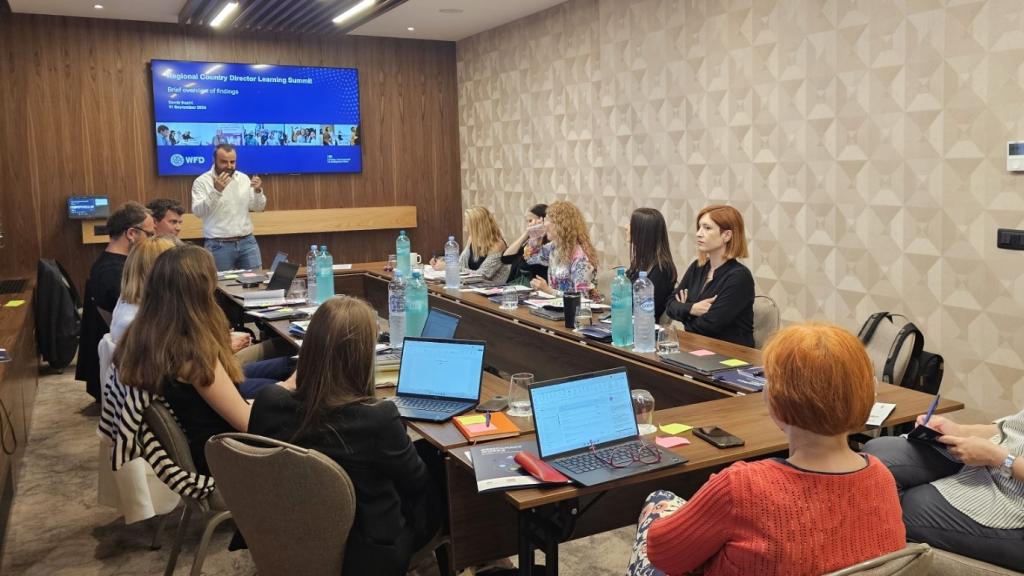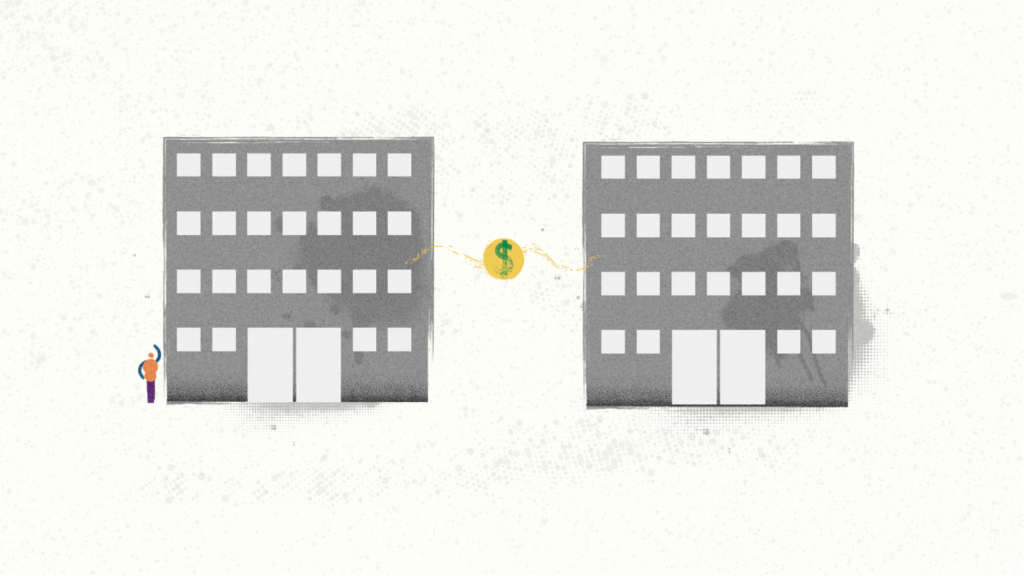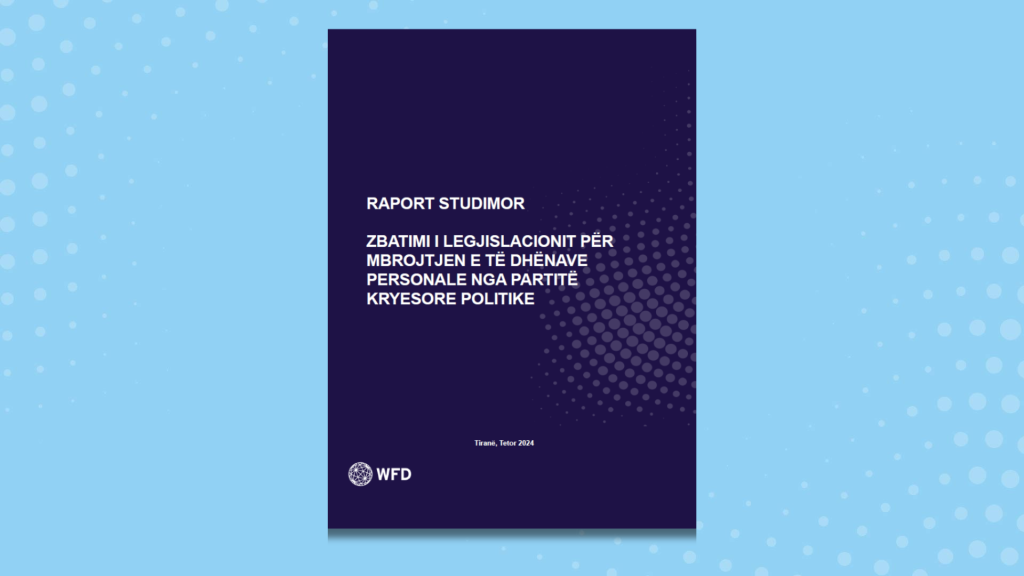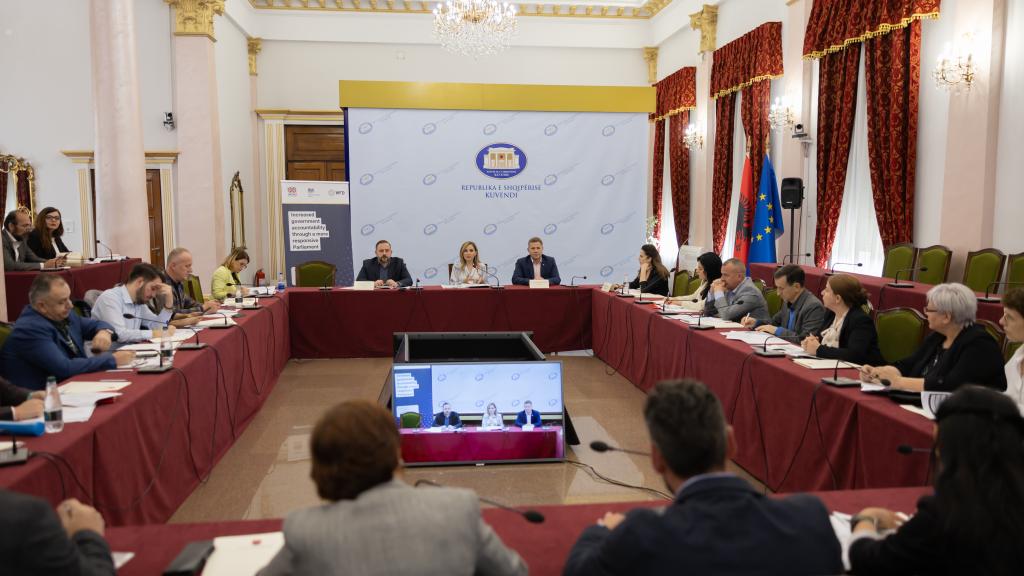WFD Albania supports the Albanian Parliament in conducting effective law-making and oversight by piloting and institutionalising innovative mechanisms, including post-legislative scrutiny and corruption proofing of legislation. WFD Albania also works to improve parliament's cooperation with independent institutions.
In addition, WFD Albania focuses on developing and improving political parties' internal rules, processes and structures, and promoting young people's and women's participation in politics. WFD also fosters civil society engagement by encouraging public dialogue and advocating for legal reforms, such as improving gender equality and addressing violence against women in politics.
Political context
Albania officially opened the Accession Negotiations talks with the European Union in 2024, with a goal to achieve full membership by 2030. The country’s political context has been shaped by significant challenges and shifts in recent years, with the most notable change being the justice reform, which officially began with constitutional changes in 2016. In addition to the vetting process for judges and prosecutors, the establishment of the Special Prosecution Against Corruption and Organized Crime (SPAK) in 2019, has been instrumental in prosecuting high-level corruption and organized crime in the country. Albania’s economy has shown steady growth with a rate of 3.24% in 2023 and 2024. The main challenges related to democracy advancement are free and fair elections standards, high political polarisation, corruption and emigration. The next parliamentary elections will be held on 11 May 2025 and for the first time, diaspora will exercise the right to vote.
Key areas of work
Current programmes
Increased government accountability through a more responsive parliament
WFD works to strengthen Albania's democratic governance by strengthening Parliament’s law making and oversight functions. This is achieved through piloting and institutionalisation of two new instruments: post-legislative scrutiny (PLS) and corruption proofing of legislation. A key aspect of these efforts is supporting Parliament and independent institutions in improving communication, reporting and implementation of recommendations.
WFD also fosters collaboration between Parliament, civil society, and other institutional stakeholders by partnering with local organisations to promote transparency and public engagement. Through the “Dialogue for Consensus” initiative, WFD facilitates constructive discussions between the Albanian Parliament and civil society, ensuring that citizens’ voices are actively integrated in the legislative process. Additionally, WFD supports the Parliamentary Youth Club in integrating young people's agenda and participation in parliamentary accountability.
Building electoral integrity and political party resilience
WFD works directly with political parties to help them become more resilient to malign and corrupt influences. This is achieved by assisting political parties in becoming more inclusive, transparent and accountable, with effectively revised rules and supportive organisational culture that challenges prevailing negative attitudes towards vulnerable or under-represented groups.
WFD provides tailored recommendations to political parties to enhance their transparency to their members and the public. Additionally, WFD is expanding the capacities of under-represented groups, particularly women and young people, to engage more meaningfully in their political parties while also supporting civil society in creating external demand for changes within the parties.
Completed programmes
CSO's participation in decision making in Albania
Assessing new voices and alternatives in Albania
Supporting inclusive elections
Accessibility of political parties
Selected key results

Approval of the PLS Methodology by the Parliament
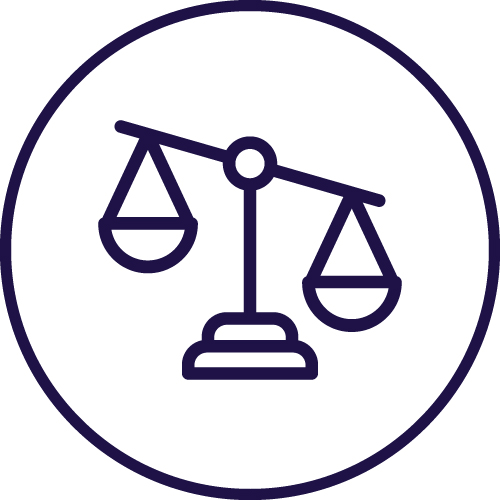
Approval of the PLS Report for the Law on Tourism, followed by two new laws currently undergoing post-legislative scrutiny.

Effective corruption-proofing recommendations were integrated into two crucial laws: the Law on Gambling and the Law on the State Police.

The Dialogue for Consensus initiative fostered collaboration between MPs, improving law-making through dialogue and public transparency.

Assisted political parties in strengthening internal rules and procedures to combat malign and corrupt influences

Increased involvement and influence of women and young people within political party structures by enhancing their capacities.
Prepared evidence-based reports that led to two legislative initiatives aimed at enhancing political integrity and ensuring financial support for women in political structures.

Helped civil society make pressure on political parties for greater democracy, inclusion, and transparency through targeted communication campaigns across traditional, online, and social media.
Latest news
Contact us
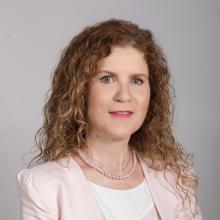
Valbona Kuko
Street ''Themistokli Gërmenji'', 3rd Floor, Ap. 2
1000
Tirana
Albania
